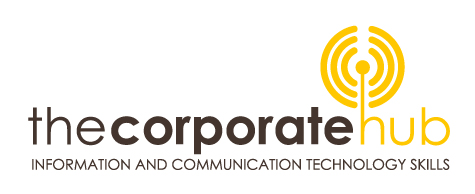Spending a large portion of your day feeling frustrated, bored, and uninterested in what you’re doing can significantly impact your overall happiness and well-being. This can lead to feelings of stress and dissatisfaction, which can affect your physical and mental health. Over time, this can affect your energy levels, motivation, and drive, leaving you vulnerable to burnout in your career.
Additionally, this lack of engagement in your work can negatively impact your job performance and productivity, potentially leading to professional setbacks and hindering your future career prospects. To maintain your happiness, health, and well-being, finding ways to stay motivated and engaged in your work is important.

Executive Interview Questions
Powerful well-thought-out questions will help you differentiate yourself from the competition and present you with a chance to showcase skills, experience and suitability”
Job Search Despair
Whether you recently lost your job or are ready to move into a new role, we strongly recommend that applicants follow an organised and planned approach to job seeking
Job hopping
Job-hoppers are individuals who repeatedly move between companies every one to two years. The reason for the move is not the result of layoffs, companies closing down or end of contracts. Millennials have expectations to constantly learn, develop, and advance in their careers.
Interview Preparation
Preparing for an interview can be critical in securing your desired job. It is essential to take the time to research the company, review the job description, and prepare answers to common interview questions. Dressing appropriately and exhibiting good body language, such as maintaining eye contact and giving a firm handshake, can positively impact your interview.
CAREER CHANGE IS NOT ALWAYS AN OPTION, BUT YOU CAN FIND HAPPINESS AND PURPOSE IN YOUR PRESENT SITUATION BY CONSIDERING THE FOLLOWING:
- Taking on new challenges:
Have a conversation with your boss about your career goals and the possibility of taking on new challenges. Reflect on the aspects of your current role that you find fulfilling, and consider your journey so far, the skills you have gained, and how you can continue to grow and make a positive impact as part of the team.
This discussion aims to propose new ideas and solutions that will benefit you and the company and ensure that any new responsibilities align with your strengths and enhance your value as a respected industry professional.
- Sharing the burden:
When feeling overwhelmed and exhausted, your motivation and performance can suffer. With a constant sense of rushing and being buried under responsibilities, it’s important to find ways to lighten the load. Explore options for sharing the workload, don’t be afraid to ask for help, practice delegating tasks, and learn to say “No” when necessary to avoid burnout and maintain peak performance.
- Move to a different team or division:
Exploring the option of transferring to a different team or business unit within your organisation can be a smart move. Do your research, understand your options, and make an informed decision. The transfer should be a well-thought-out, strategic move aimed at developing new skills and advancing your long-term career goals rather than simply joining a friendly team.
- Be the guy with the excellent attitude:
Positive attitudes in the workplace have a powerful impact on the morale and productivity of the environment. By choosing to be positive, you can make your work experience more enjoyable, and you will likely attract like-minded, confident, and motivated colleagues willing to collaborate and work together effectively.
- Mentor a junior:
Mentoring a junior colleague can be incredibly rewarding. By guiding and supporting their growth and development, you are helping to shape their career and contributing to the organisation’s success. Your efforts will be recognized and valued by your peers and may even lead to increased respect and opportunities for advancement, such as a promotion
